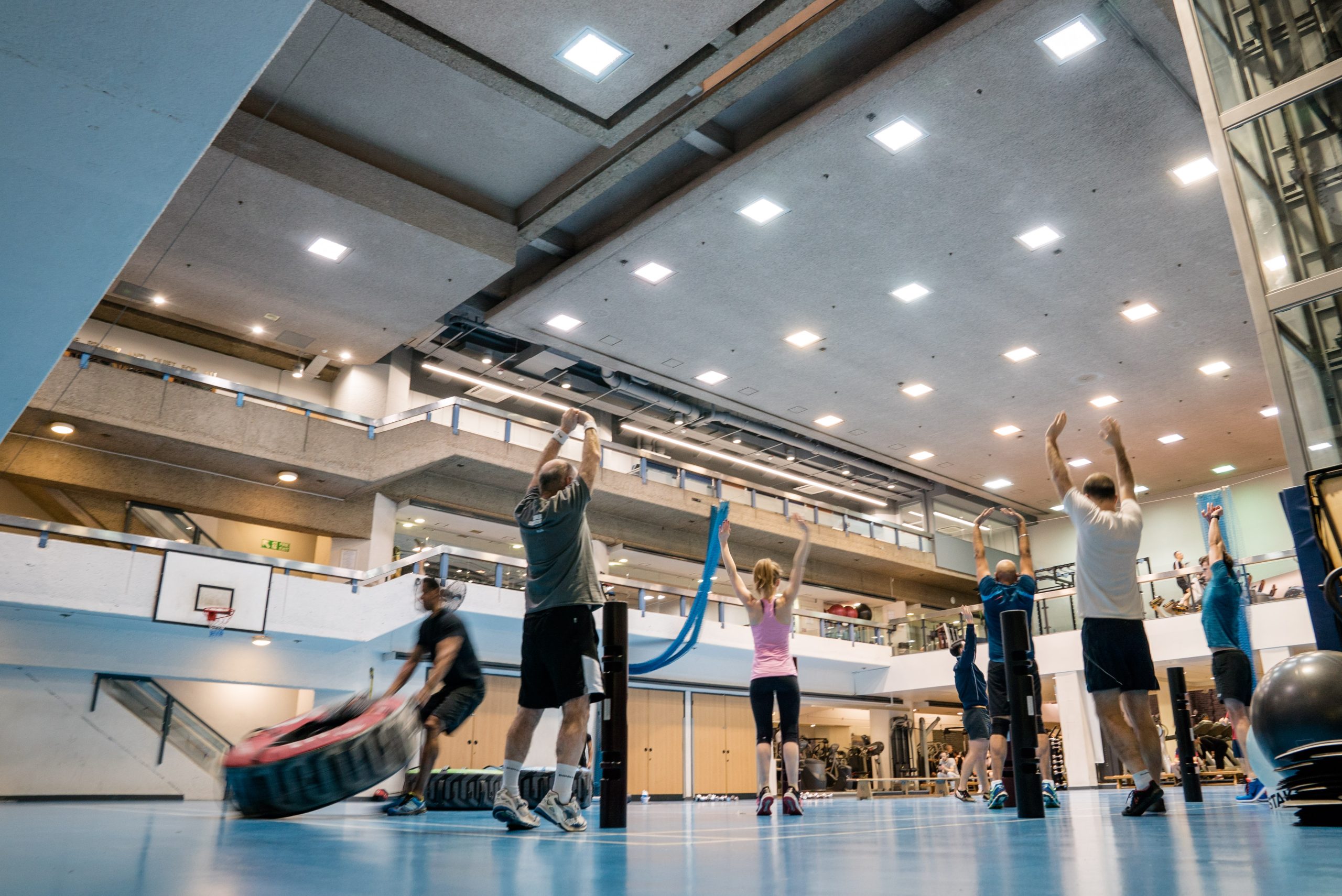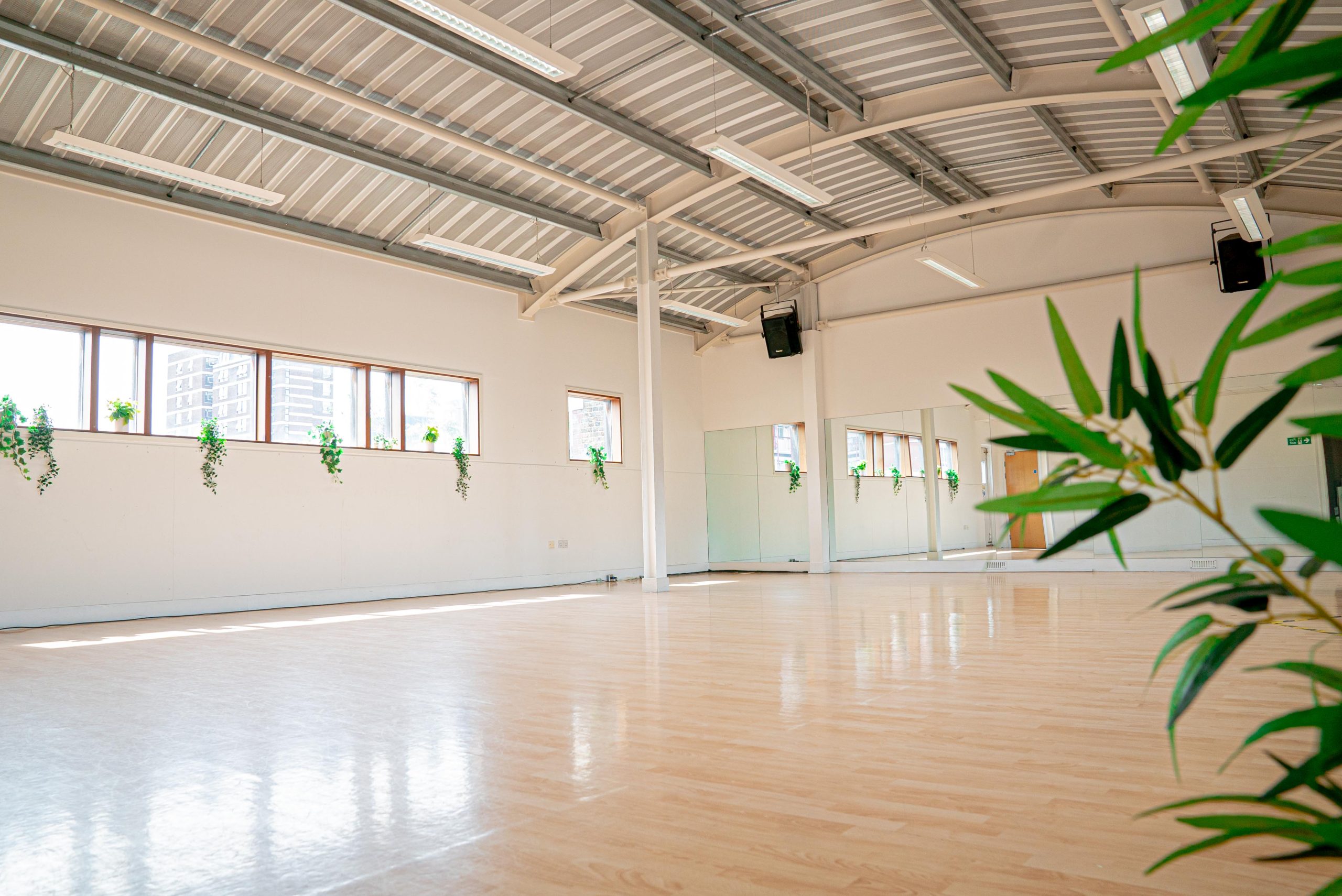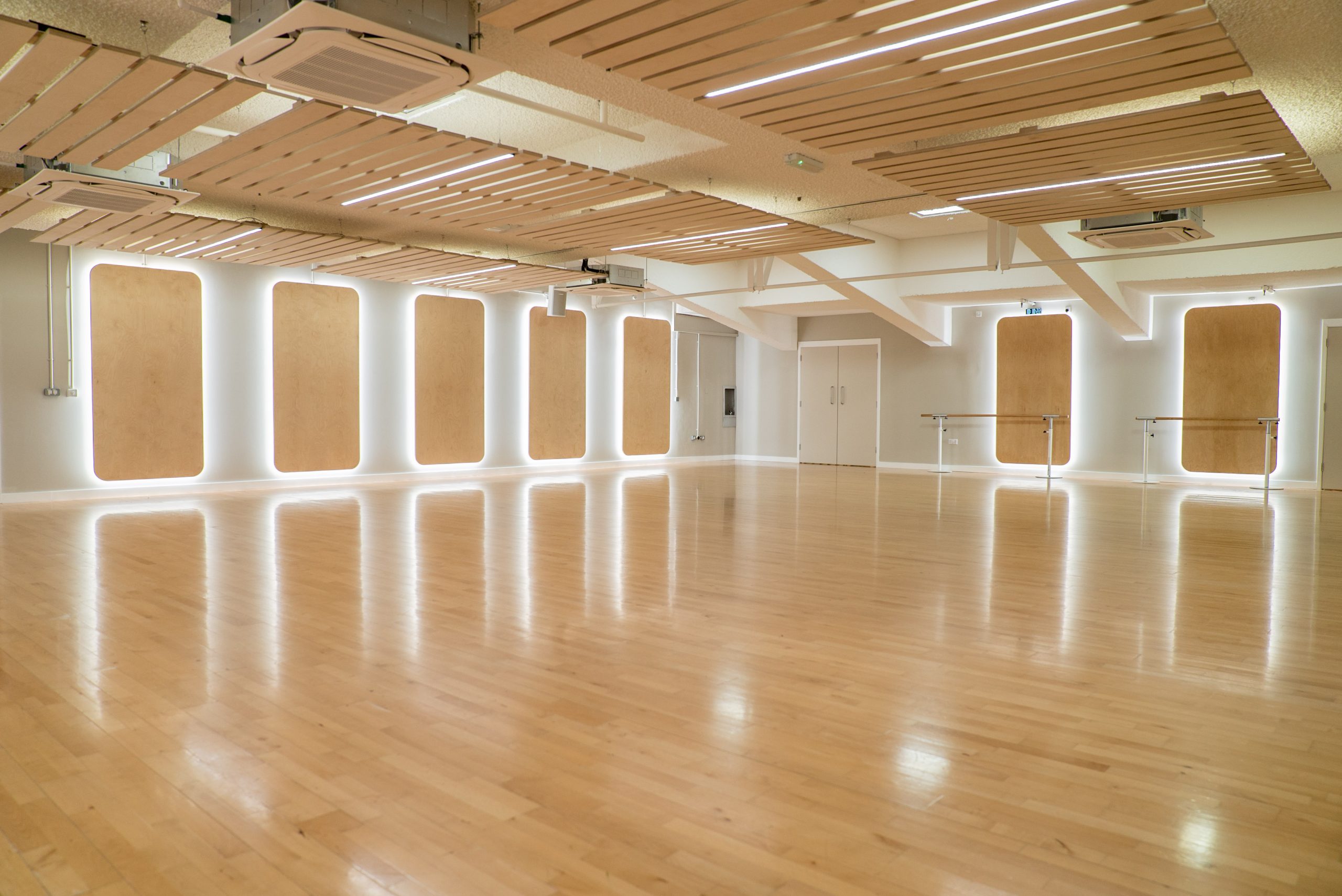Striking the right balance between nutrition and fitness
To celebrate National Fitness Day this year, we’re taking their motto “your health is for life” to heart.
Staying fit and healthy is about so much more than what you do in the gym – it extends to every aspect of your life. And the closer attention you pay to your wellness now, the better you’ll feel as you get older.
There are three areas in particular that we’re focusing on: mental health, nutrition and recovery, and physical activity. They make up the perfect trifecta to get you on the right track for a lifetime of healthy habits.
In this post, we’re chatting all things nutrition and recovery.
Nutrition
A good diet is the foundation for a healthy life. It impacts just about every aspect of your being, such as your energy levels, sleep, and resistance to disease.
When thinking about nutrition tips for athletes, it’s important to strike the right balance of carbs, protein, and fat. There’s a misconception that cutting out carbs or fat will help you lose weight – restrictive diets may lead to weight loss in the short-term, but they’re not sustainable. The best thing you can do for your health is to include the correct balance of the three macronutrients. (Note that the recommended ratio of carbs to protein to fat varies from person to person. A nutritionist can help you put together a customised plan that works best for you.)
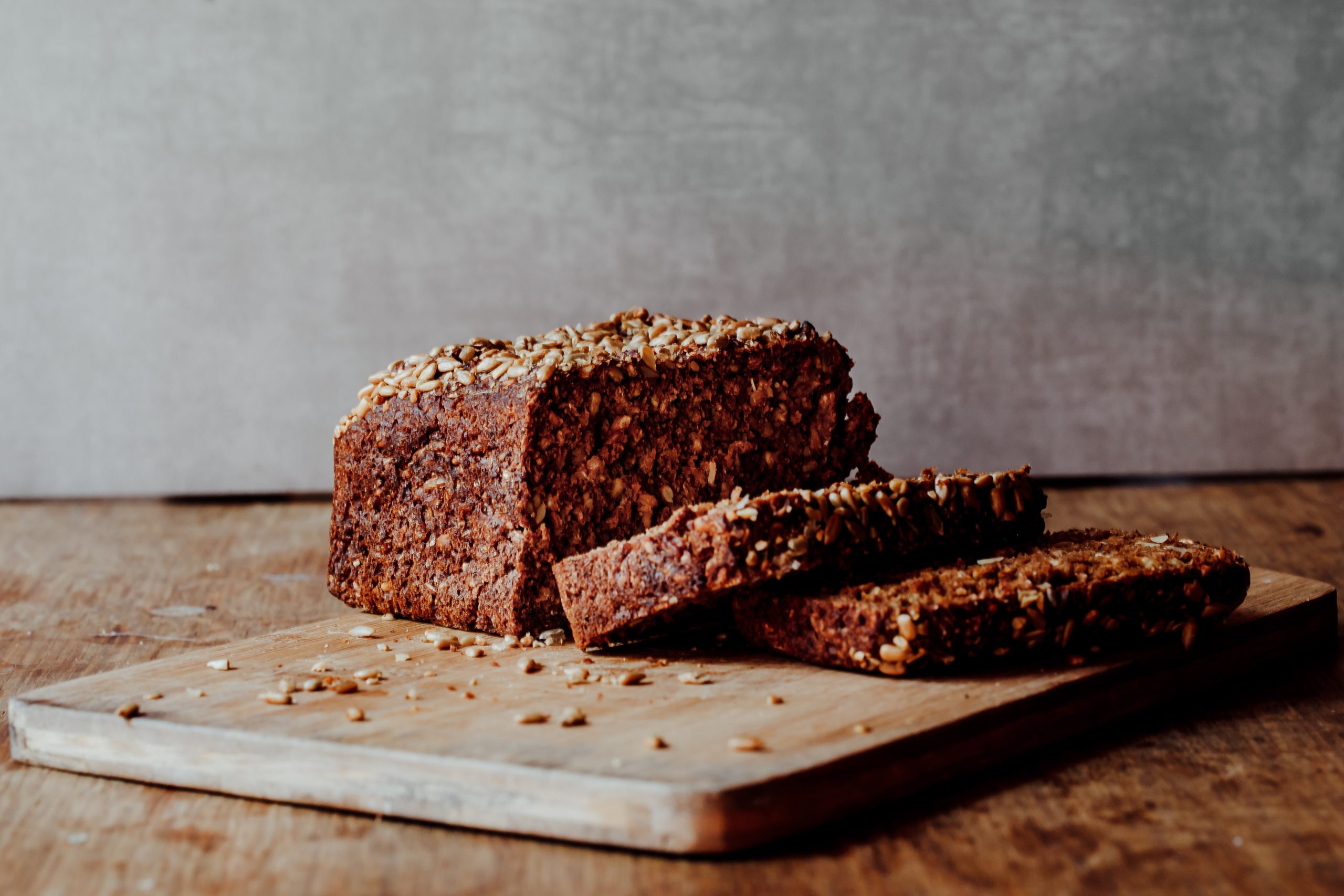
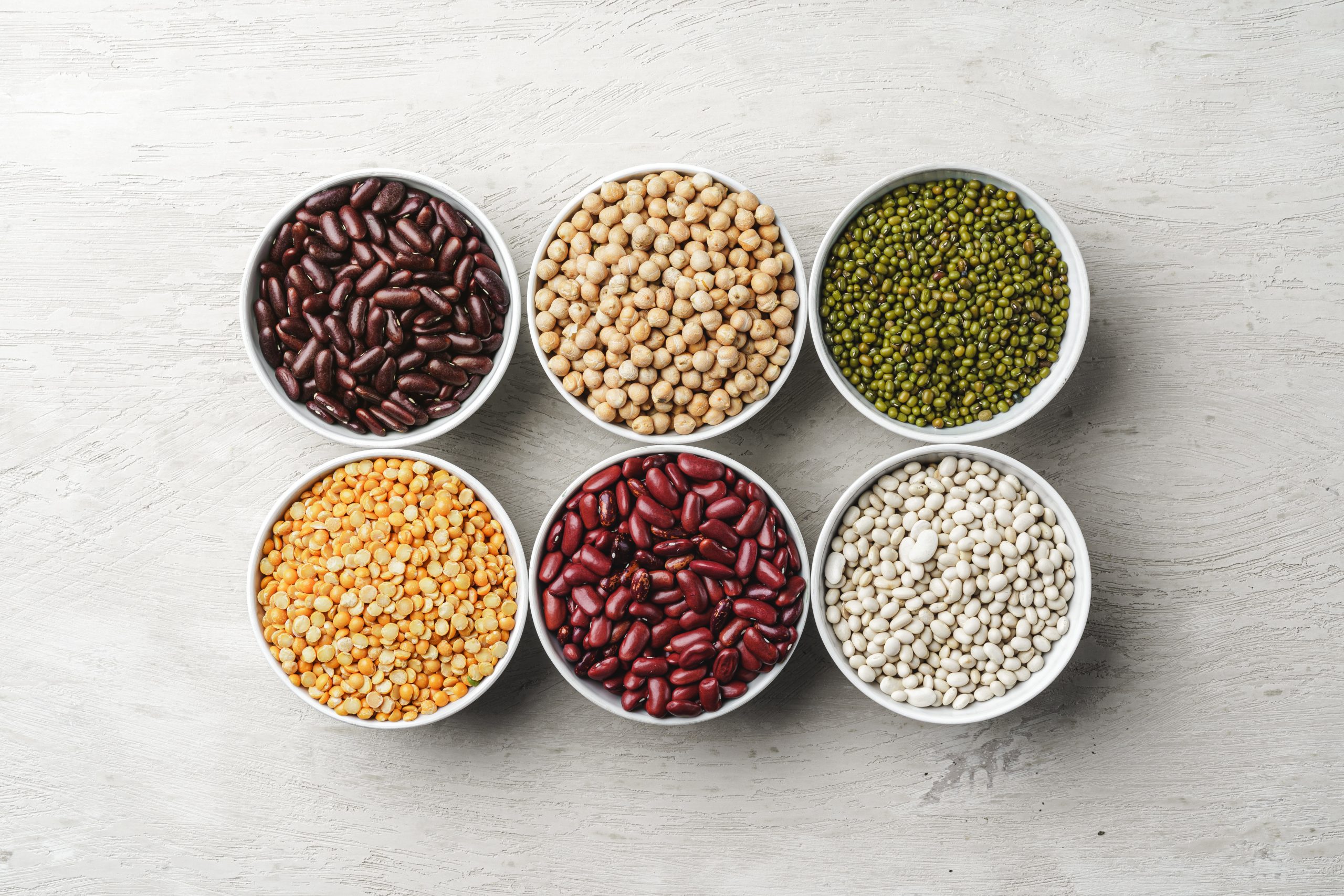
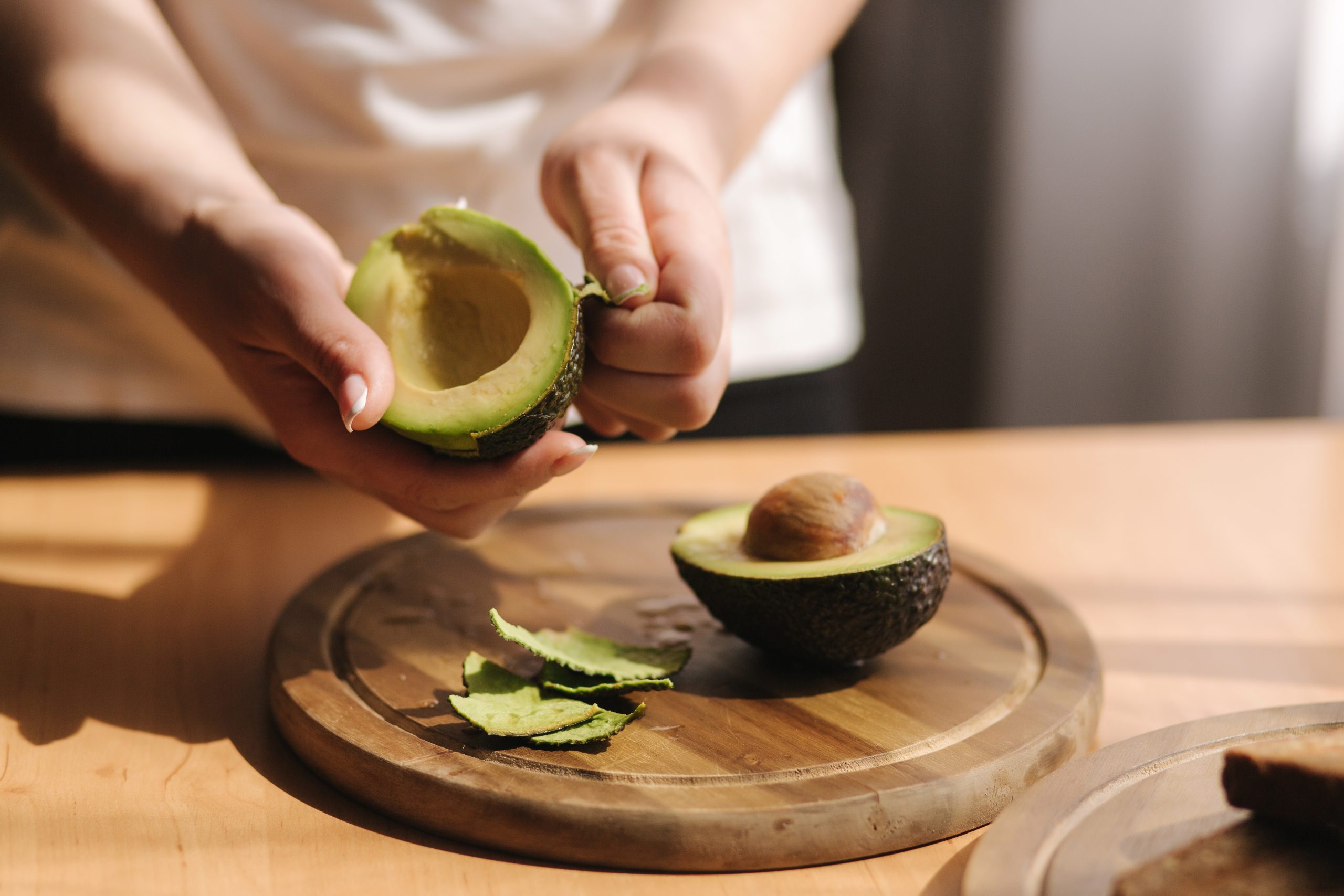
Bonus: Water
It’s not one of the macronutrients, but we can’t talk about nutrition without bringing up water! Staying hydrated helps with digestion and muscle function, and it can also be your secret weapon when it comes to weight management and dieting. Most adults in the UK are chronically dehydrated, so even if you feel like you drink enough water, chances are your body craves more!
Recovery
Fuelling up before and after a workout is good for your muscles and can help your body recover faster. But try to avoid food within 30 minutes of your workout to prevent stomach cramps or indigestion. In addition to diet, there are several other things you can do to encourage recovery.
Keep in mind that diet and recovery are very personal and can vary from person to person. If you want help creating a custom nutrition or recovery plan, book a consultation with a trained professional. We have nutritionists and sports recovery experts available right at the Club.

